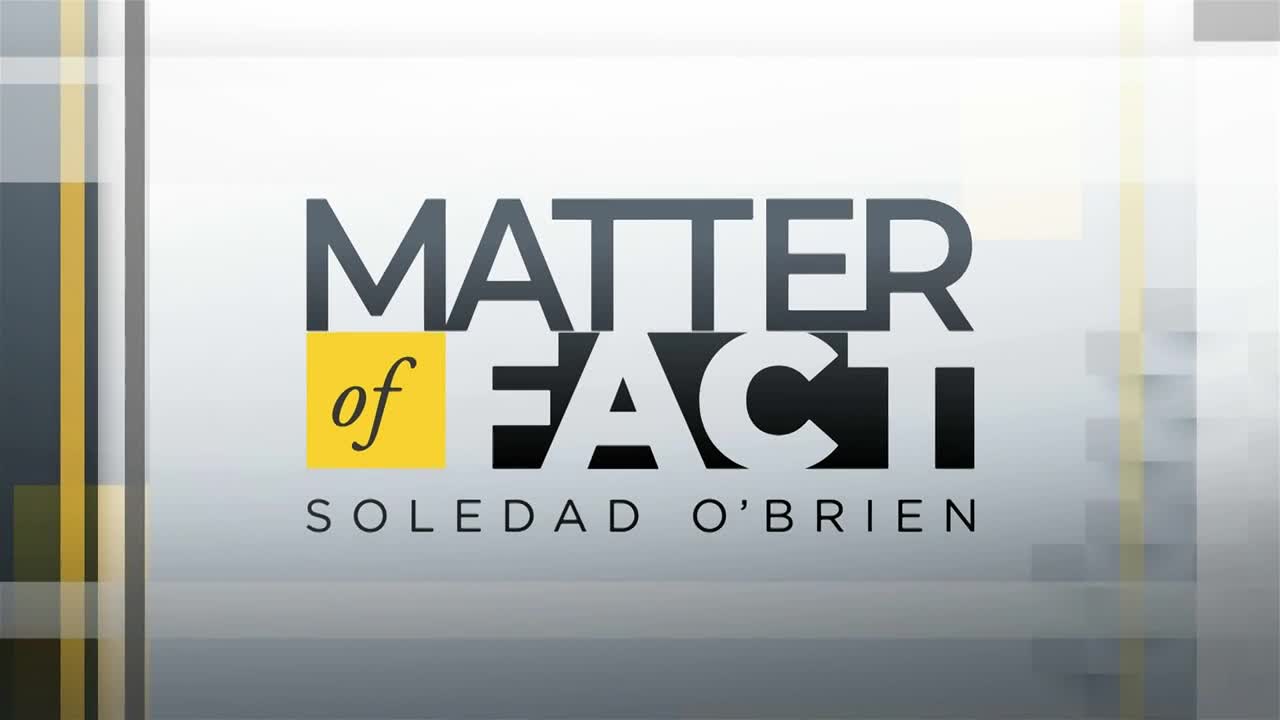
This week on Matter of Fact, a look at the struggle to reunite families split up at the U.S.-Mexico border. Correspondent Jessica Gomez talks to a mother who was deported and hasn’t seen her sons since 2017. Plus, were there warning signs before the deadly attack on the U.S. Capitol? Soledad O’Brien talks with former DHS analyst Daryl Johnson who says there were, but they were dismissed. And, “Writing into the Wound.” Soledad O’Brien talks with NYT best-selling author Roxane Gay about her new essay speaking to the hurt felt by the nation over the past year through a pandemic, racial injustice and volatile politics.
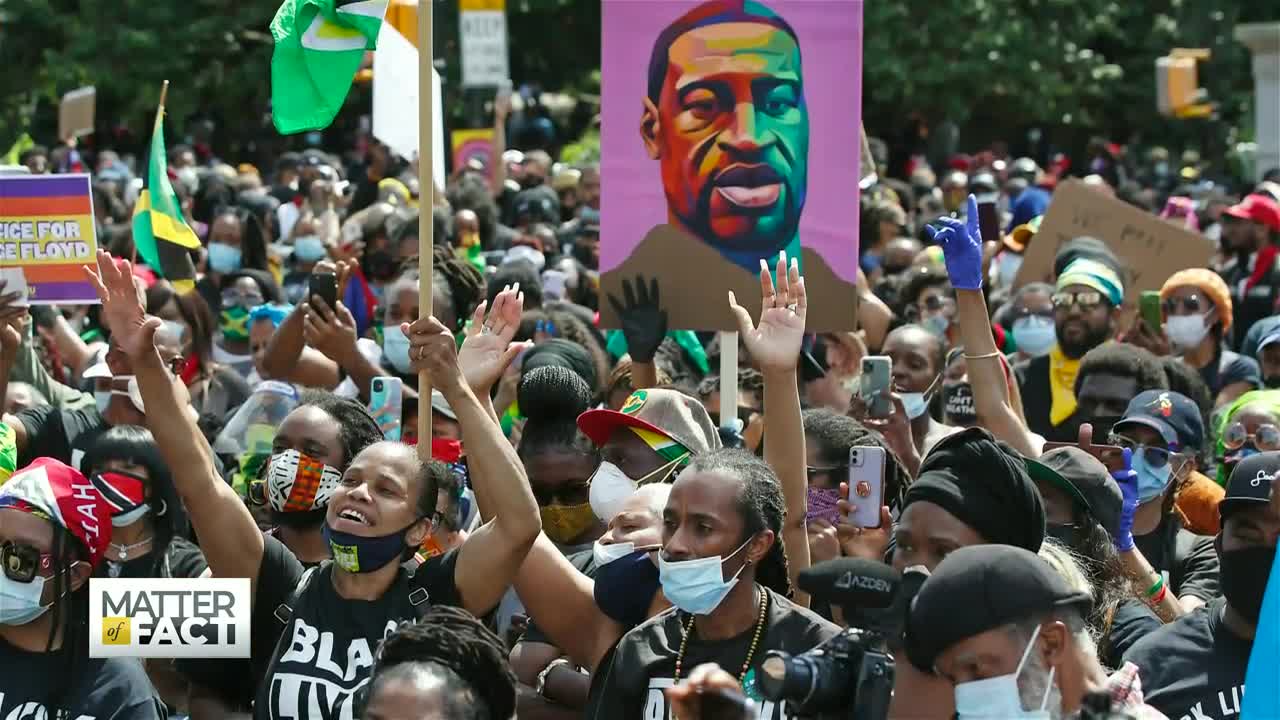
How do you sum up a year in which Americans experienced one national hurt after another? In 2020, we faced the coronavirus pandemic, a summer of unrest over racial injustice and instances of political violence. New York Times best-selling author and cultural critic Roxane Gay joins Soledad to discuss her new personal account, “Writing into the Wound: Understanding Trauma, Truth, and Language,” speaking to her own trauma and that felt by the nation.
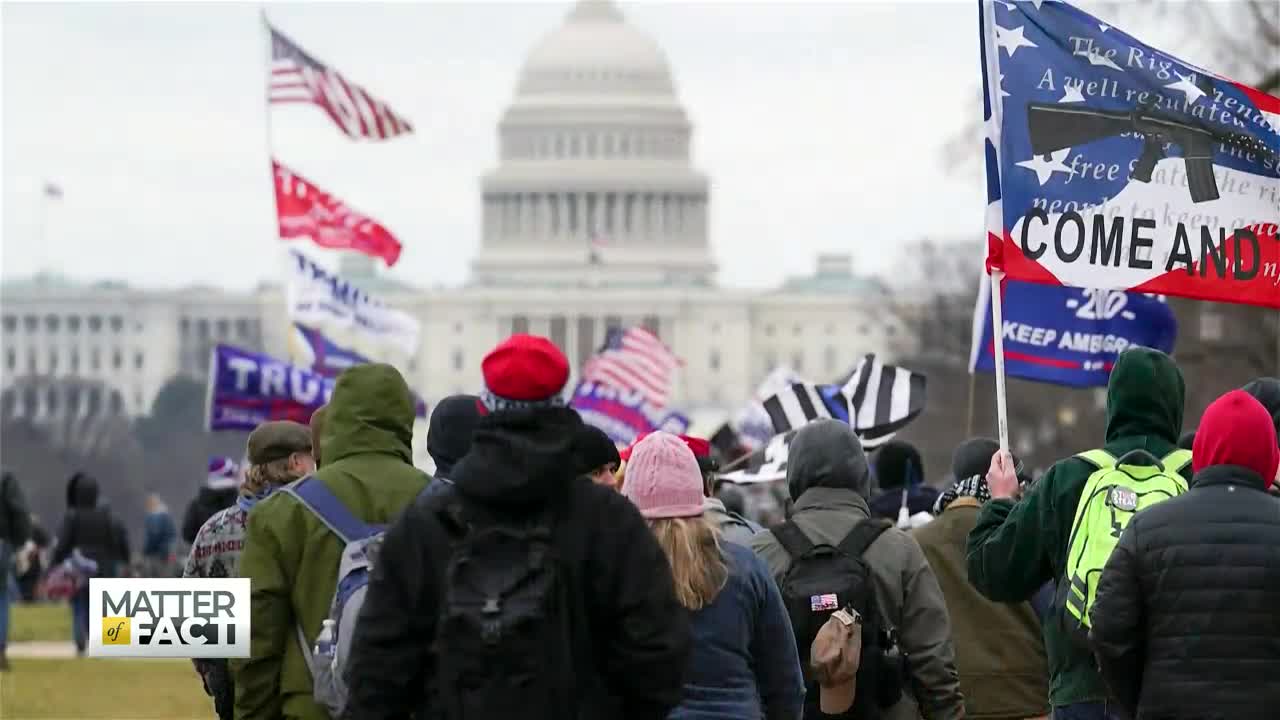
In the first few days of the new year, extremists attacked the U.S. Capitol, leading to the deaths of five people. The riot was planned openly online, but were there other warning signs? Last fall, the Department of Homeland Security warned that white supremacists are the most “lethal and persistent threat” within the United States. And the warnings, go back further than that. In 2009, Daryl Johnson, a former analyst with the Department of Homeland Security, wrote an internal report, detailing how far-right extremists planned to recruit and radicalize returning military veterans to exploit their training to carry out violence. But he says that warning was written off. He tells Soledad O’Brien politics disabled any serious public discussion about the threat already emerging on our homeland.
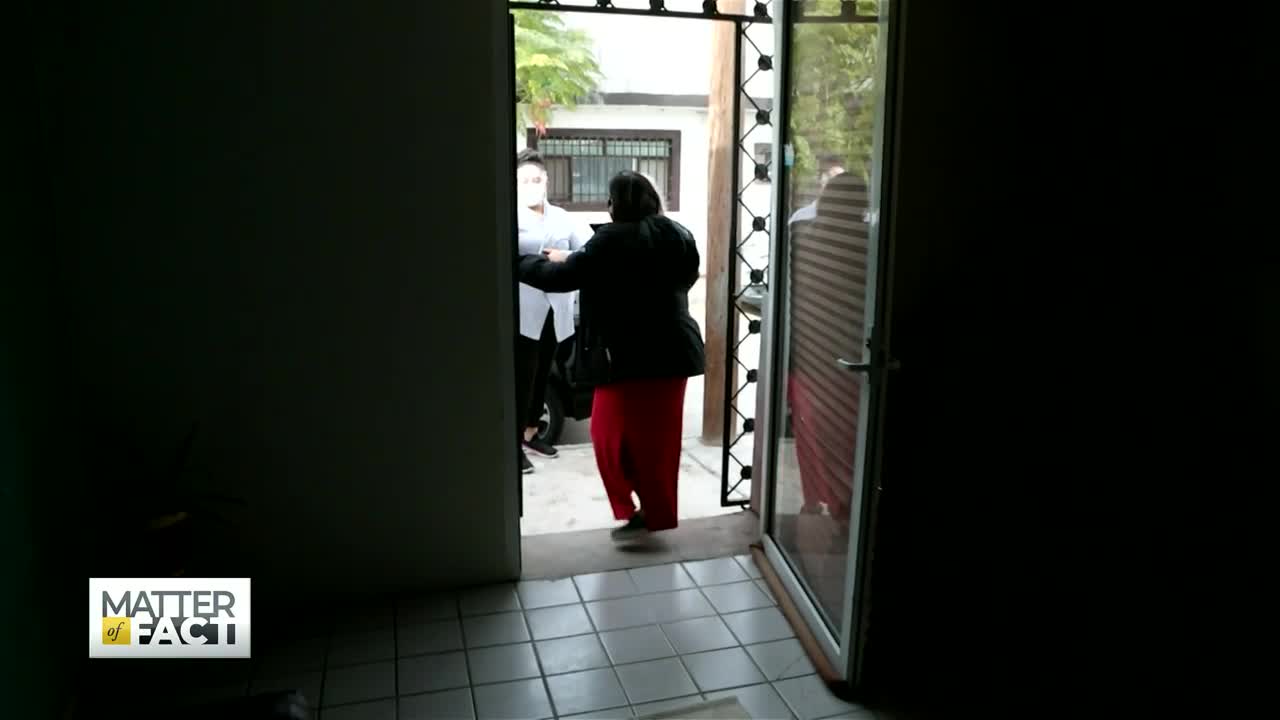
During his first few days in office, President Joe Biden signed an executive order to launch a reunification task force, meant to help hundreds of families separated at the U.S.-Mexico border. Many were split up under the Trump administration’s “Zero Tolerance” policy and today more than 600 children are still waiting to be reunited with their families. But some may not ever get the chance. Correspondent Jessica Gomez travels to Juarez, Mexico where a mother hasn’t seen her sons in more than three years.

This week on Matter of Fact, a look at who’s often doing most of the work at home. As mothers face historic job losses during the pandemic, should they get paid just to be moms? Reshma Saujani is the CEO of “Girls Who Code” and now she’s leading the effort behind the “Marshall Plan for Moms.” Then, changing the pattern of racial disparity in American health care. Soledad O’Brien talks with Dr. James E. K. Hildreth, one of the nation’s leading immunologists, would bringing COVID vaccines directly to communities of color. And, Dr. Chris Pernell, a fellow at the American College of Preventive Medicine, explains in her own words what its like fighting the virus on the frontlines. Plus, Super Bowl LV isn’t the only championship game to be played during an international crisis. Special Correspondent Joie Chen shows us how Super Bowl XIV provided a lifeline to American hostages in Iran.

The world of football is getting ready for a Super Bowl that’s already one for the history books. Super Bowl LV will be the first championship game to match up two previous winning quarterbacks; the first to have a team play in its home stadium; the first to have a woman as a game official; and the first to be played during a global pandemic. But, it’s not the first to played during an international crisis. The big game in 1980 pitted the Pittsburgh Steelers against the LA Rams and it provided a lifeline for American hostages trapped in Iran. Special Correspondent Joie Chen shows us the major plays made off the field.
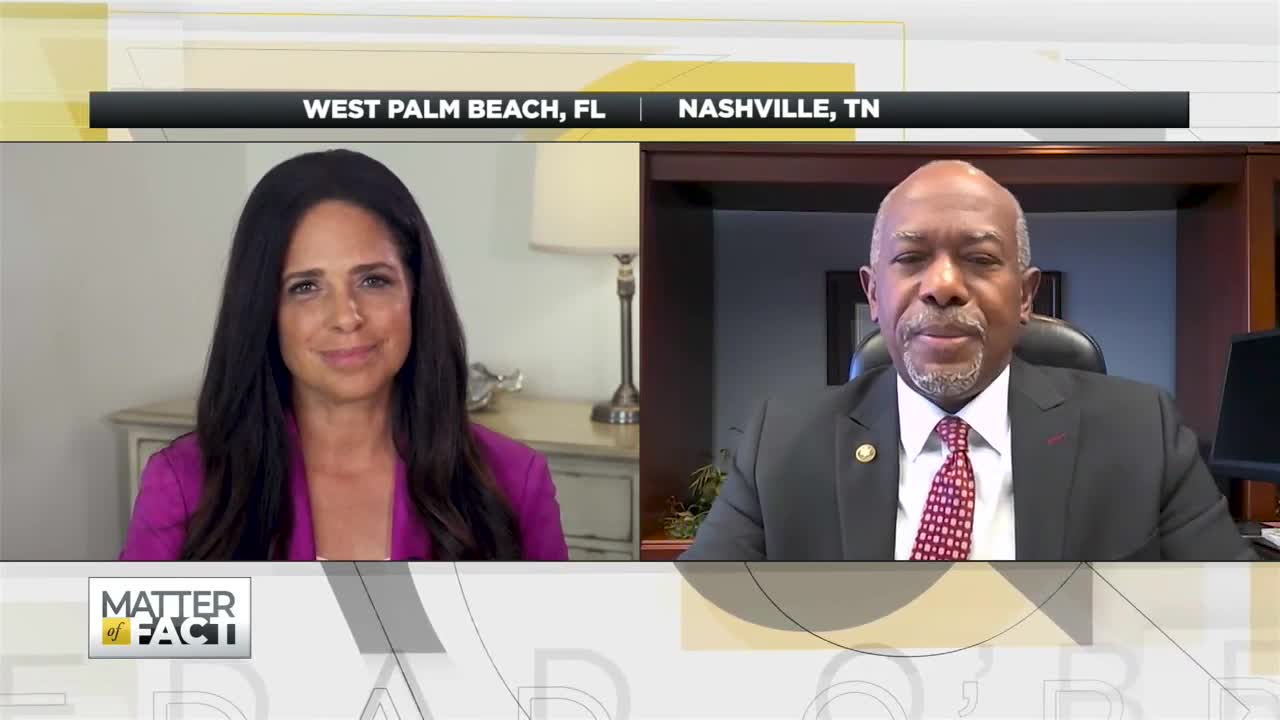
Dr. James E. K. Hildreth is one of the nation’s leading immunologists and head of the Meharry Medical College in Nashville. He also participated in a vaccine trial and is working to increase vaccinations among communities of color.
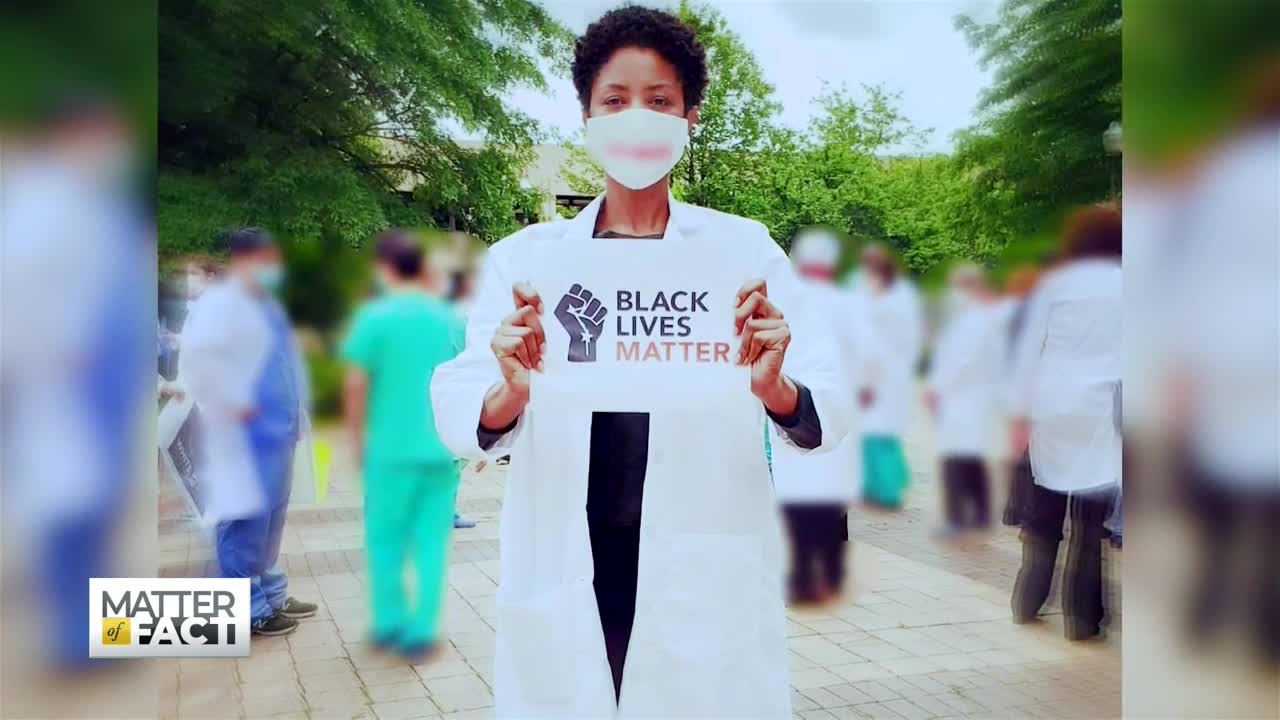
Applications to medical schools are surging, as more students of color are inspired to become doctors. Many say they’re motivated to help their communities, which have been hit the hardest during the coronavirus pandemic. When they get there, they’ll be joining women of color leading on the frontlines like Dr. Chris Pernell, a fellow at the American College of Preventive Medicine and a clinical assistant professor at Rutger’s Medical School.
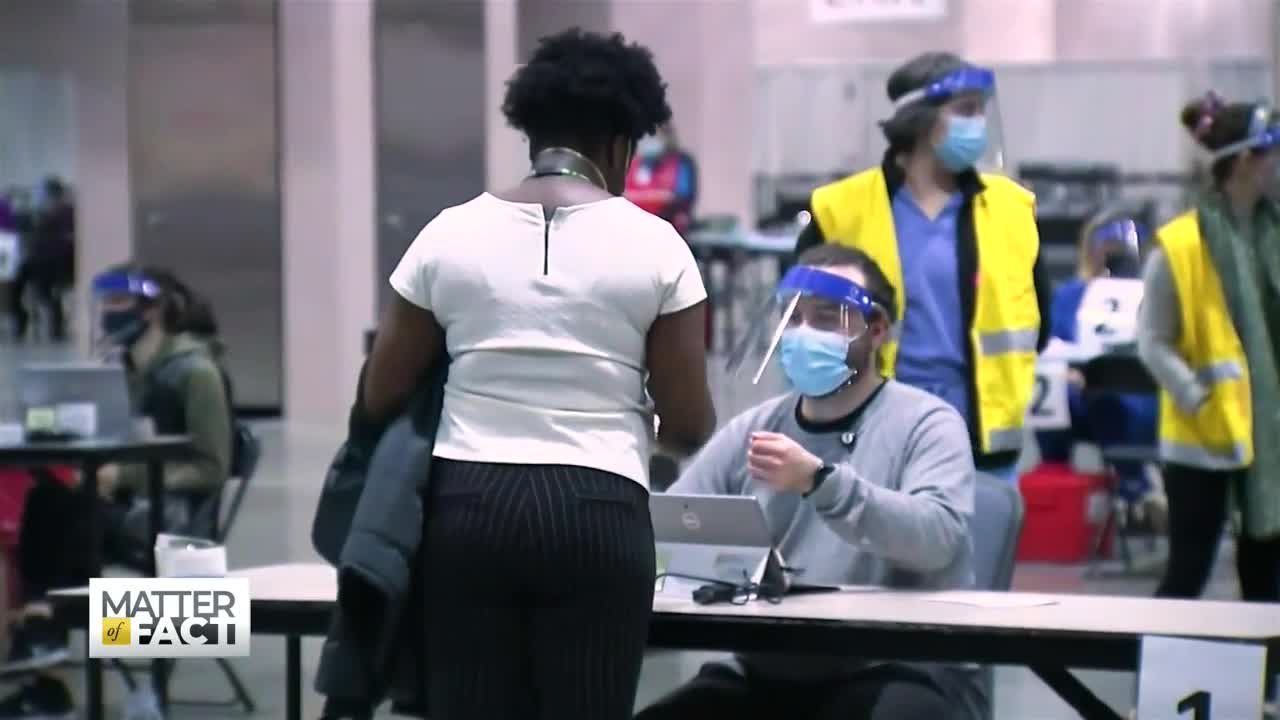
The field of medicine is seeing an unprecedented increase in students hoping to join its ranks. Applications to medical schools are up nearly 20 percent this year and students of color are helping to drive up the numbers. Many say they’re motivated to help their communities, which have been hit the hardest during the coronavirus pandemic. Dr. Chris Pernell is a fellow at the American College of Preventive Medicine and a clinical assistant professor at Rutger’s Medical School. Dr. James E. K. Hildreth is one of the nation’s leading immunologists and head of the Meharry Medical College in Nashville. They tell us how they hope their work will change the pattern of disparities in American health care.
Watch the extended interview with James E. K. Hildreth.
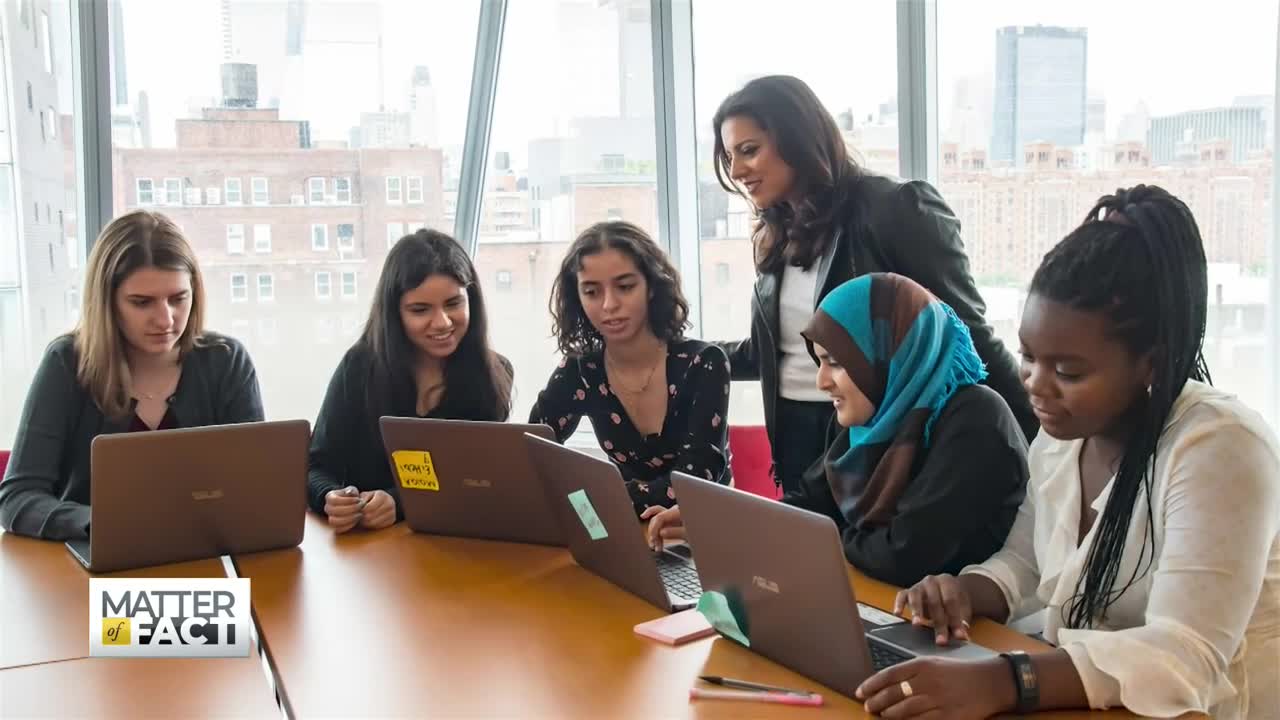
Millions of Americans have lost their jobs due to the pandemic, but the mothers have been hit especially hard. Mothers with small children have lost employment at three times the rate of fathers, while those still employed are taking on a disproportionate amount of the work inside the home. Now, there’s a push to pay moms $2,400 a month. Reshma Saujani is the CEO of “Girls Who Code” and now she’s leading the effort behind the “Marshall Plan for Moms.”